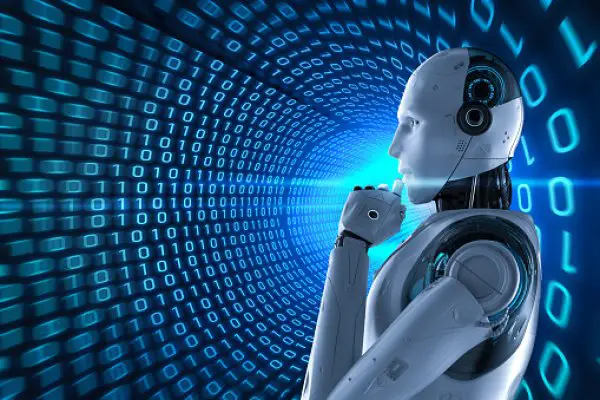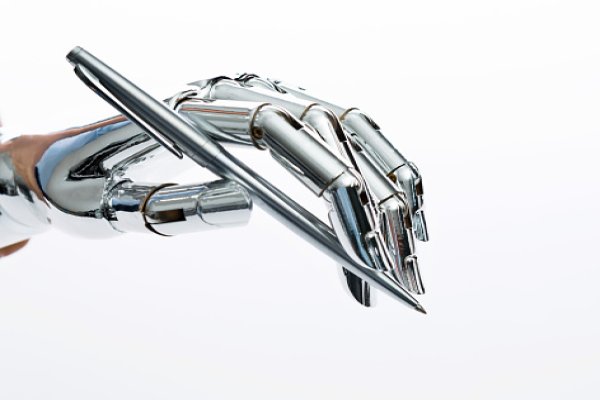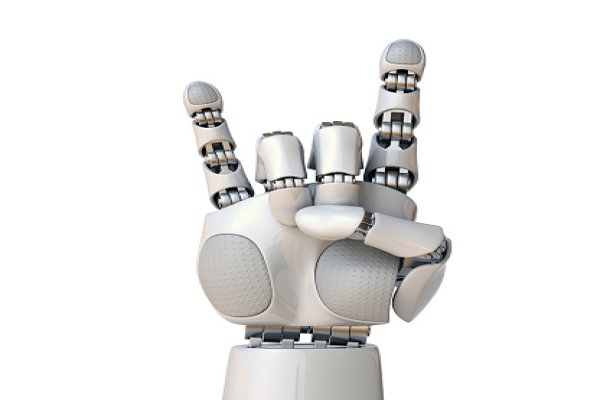Many are taken aback that an IT specialist from the National Guard could access all the information stored on their computers.
At the start of my career, it was obvious that some of the IT staff in our office were receiving large Christmas presents from certain partners who appeared to spend excessive time on their PCs before departing for the day. Only two individuals were aware of what was being viewed on the computer – the partner and the IT specialist responsible for its maintenance.
Many people, including Elon Musk, who are worried about Artificial Intelligence have two primary fears: what is being displayed on our computer screens and who has access to this information.
Computers can be trained to abide by whatever instructions we give them and can rationalize in particular contexts. Yet, they will only act within the boundaries defined by their programming. For instance, a computer deciding what news appears on your feed might be set up to show news that is positively inclined towards the government solely.
As we continue to develop and integrate AI into our daily lives, it is important to remember that it is not a replacement for human intelligence but rather a tool to augment and enhance our abilities. The ethical considerations surrounding the development and use of AI must be carefully considered, and a responsible approach to its deployment is crucial. By recognizing artificial intelligence’s limitations and valuing human intelligence’s unique abilities, we can ensure that the technology serves the best interests of society and enhances our collective well-being.
Source: robertduchemin.substack.com



